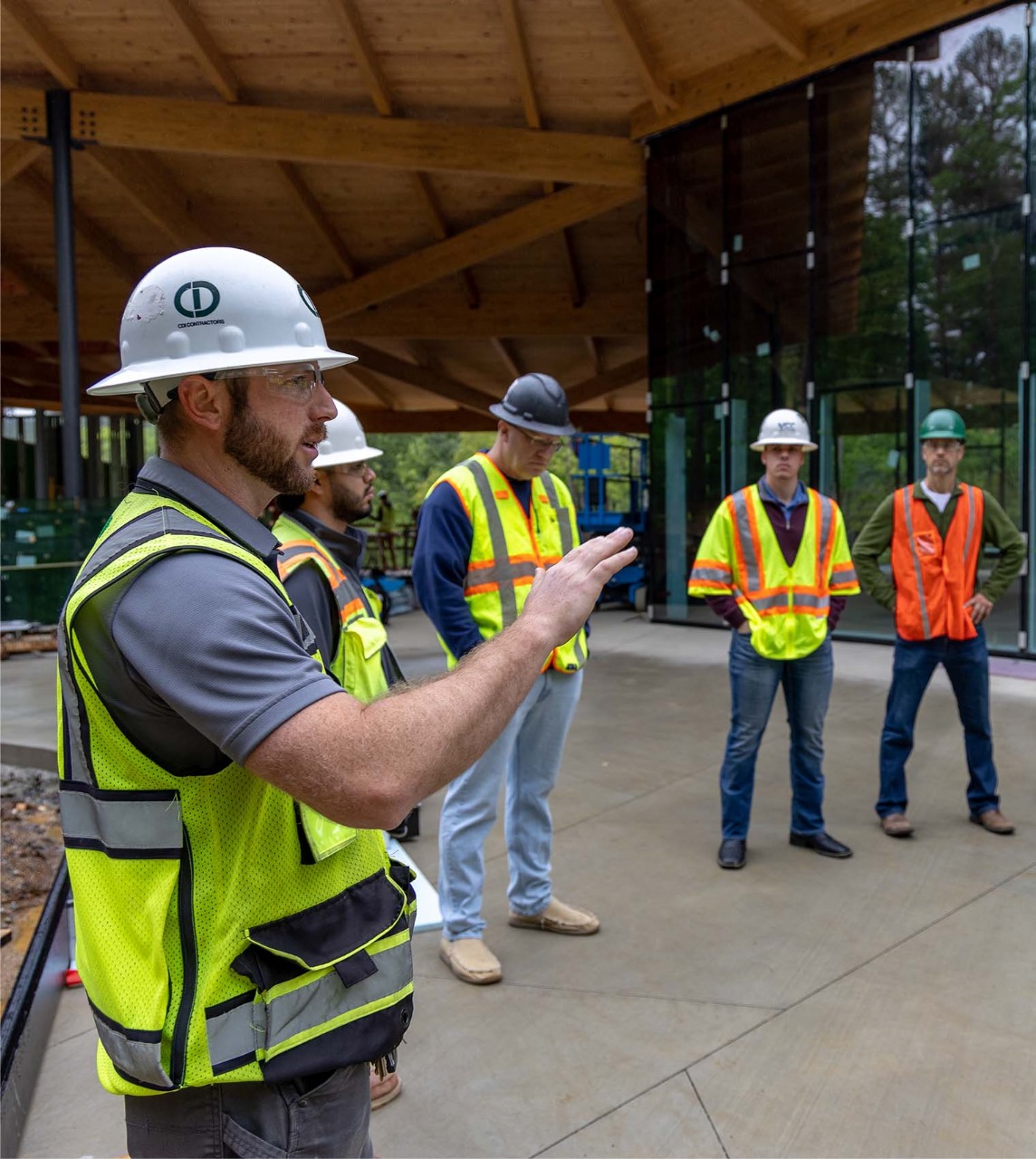In a world where economic uncertainty can shake even the most stable professions, the construction industry stands as a foundation of opportunity. Careers in construction offer more than just a paycheck — they provide the chance to build a secure future, both financially and professionally.
From skilled trades to management and engineering, the industry rewards expertise, hard work, and dedication. Whether you’re entering the workforce, changing careers, or looking for advancement, construction could be the key to long-term financial stability.
Why Construction Offers Financial Security
Unlike industries that rise and fall with market trends, construction remains an essential part of society. Homes, offices, schools, hospitals, and infrastructure will always need to be built, maintained, and upgraded.
Key reasons construction leads to financial stability include:
- Consistent Demand: Skilled workers are always needed, even in challenging economic climates.
- Competitive Pay: Many trades and management positions offer above-average salaries.
- Opportunities for Advancement: Career progression often comes with significant pay increases.
- Entrepreneurship Potential: Many professionals eventually start their own construction businesses.
High-Paying Careers in Construction
While entry-level roles are a great starting point, advancing into specialized or leadership positions can significantly boost your income. Here are some of the top-earning career paths:
Project Manager
Oversees entire construction projects, managing budgets, schedules, and teams. Strong leadership skills can lead to six-figure salaries.
Civil Engineer
Designs and supervises infrastructure projects. This role blends technical expertise with high earning potential.
Electrician
Licensed electricians enjoy steady work and the option to run their own business. Specializing in commercial or industrial projects can further increase income.
HVAC Technician
With climate control systems in constant demand, skilled HVAC technicians can earn well above the national average.
Construction Safety Manager
Ensures safety compliance on job sites, protecting both workers and company liability — a highly valued and well-compensated role.
The Link Between Skills and Financial Growth
In careers in construction, your skills directly influence your earning potential. Specialized training, certifications, and licenses can unlock higher pay and more job opportunities.
Examples:
- Gaining a welding certification can lead to lucrative pipeline or shipbuilding contracts.
- Earning a LEED accreditation can position you for green building projects.
- Completing a management certification can transition you from a trades role into leadership.
How Beginners Can Build Toward Financial Stability
If you’re starting out, focus on gaining experience and learning a trade. Many construction roles offer paid apprenticeships, allowing you to earn while you learn.
Steps to get started:
- Identify Your Interests: Choose a trade or role that matches your strengths.
- Seek Apprenticeships: Organizations like Associated Builders and Contractors (ABC) offer training programs nationwide.
- Invest in Tools and Education: Your skills — and the right equipment — are your long-term assets.
- Stay Reliable and Safe: Employers value workers who show up on time and follow safety protocols.
Future Outlook for Construction Careers
The U.S. Bureau of Labor Statistics projects steady growth for construction jobs over the next decade, fueled by infrastructure investment, green building, and urban expansion.
Additionally, emerging technologies — such as Building Information Modeling (BIM), drones, and 3D printing — are creating new opportunities for skilled professionals who stay ahead of industry trends.
The Entrepreneurial Advantage
For those with ambition, careers in construction can lead to business ownership. Many skilled tradespeople start their own companies after gaining years of experience. This shift can dramatically increase earning potential, provide financial independence, and allow for flexible work choices.
Owning a construction-related business also means you can build generational wealth — creating a legacy beyond your own career.
Conclusion: Building a Secure Future
Financial stability doesn’t come from luck — it comes from choosing a career with consistent demand, strong earning potential, and room to grow. The construction industry offers all of that and more.
Whether you start as an apprentice, enter with a degree, or transition from another field, careers in construction provide a pathway to a stable and rewarding future. By investing in your skills and seizing opportunities for advancement, you can build not just structures, but a lifetime of financial security.




